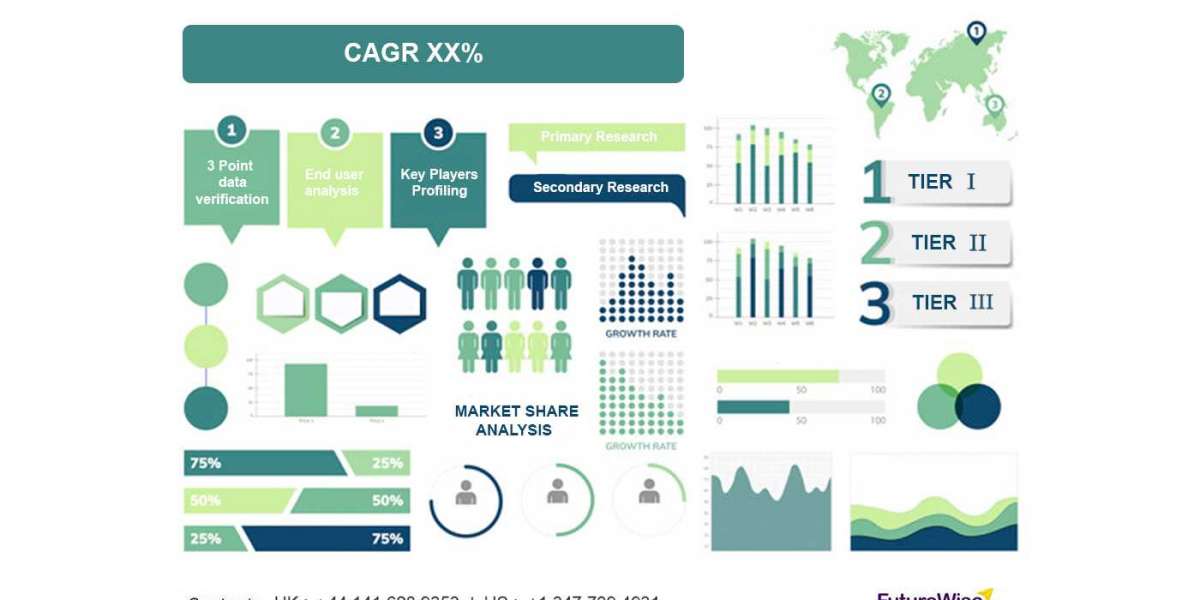By knowing whether you're ready, you'll be able to make the best choice in regards to records management. Having the proper records retention in place will ensure that you are able to keep your records safe, secure, and accessible to you at all times.
State requirements
Depending on the state you operate in, you may have to comply with records retention laws. Often, the best way to handle this is to consult with a legal professional. There are a few federal agencies that have record retention requirements of their own. The Uniform Preservation of Private Business Records Act, for example, requires businesses to keep records for three years.
The state of Texas has an official records retention schedule that shows the minimum retention period for certain records. It's not a complete guide, but it should give you some idea of how long you should retain a copy of a certain document.
FERPA requirements
FERPA (Family Educational Rights and Privacy Act) is a federal law that protects the privacy of student education records. It includes compliance requirements and penalties for non-compliance. It also gives parents the right to access their child's education records. Most states have privacy laws that govern student records. A record may be digital or physical. If it includes personal information (such as Social Security numbers, bank account information, or medical information), it must be protected.
FERPA defines education records as any record, including a document, that is maintained by an educational agency. These records may include admission records, student records, or any other information directly related to the student. FERPA covers information such as the student's name, address, phone number, email address, photograph, date of birth, and weight and height. Depending on the content of the record, it may be kept for only a few years or indefinitely.
Identifying active and inactive records
Identifying active and inactive records when you're ready for records retention is a critical step in an effective records management program. You should identify the type of records you have and consider the value of each record.
Active records are those that support your business's regular course of activities. These include records that are referred to at least once per file drawer per month. For example, a city secretary may have a file cabinet full of receipt records. The value of these records may be useful for historical research or other studies. It may also be useful in law enforcement cases.
Documenting how the record series is used, filed, and where it is stored
Developing a records management plan involves more than throwing a document into a filing cabinet. It involves planning and prioritizing, and setting and enforcing rules and policies. Oftentimes, a records management plan involves the creation of an inventory, or a glossary of terms, which is useful for determining what records should be kept or destroyed. If the latter is the case, the resulting inventory should be used to develop an accurate disposition plan.
The best records management plan involves a combination of manual and electronic documentation. The first step is to determine the number of distinct series in your environment. A custodian should use this information to determine the most appropriate number of record folders to be kept.
Destruction
Often, people hesitate to destroy important documents because of old wives' tales. However, they must be destroyed because of the law. If someone views a confidential record without your knowledge, they could be sued for invasion of privacy. Typically, organizations shred confidential documents. However, destroying a document is not the same as transferring it to an archive. A different method is needed for the latter.
The University of Minnesota has an informative tip sheet on how to handle confidential records. It includes information on what records should be destroyed and how to do it. The Certificate of Disposal is an important piece of paper, which includes information such as a room, department, and office. You may also need to include a campus telephone number.
Automated records management solutions help businesses run smarter
Whether your organization is looking to improve efficiency, cut costs or enhance security, automated records management solutions can help you achieve these goals. It eliminates the mundane and repetitive tasks that can be time consuming. It also ensures you have access to information when you need it, and helps you make better decisions based on timely data.
Whether you need to track records on a centralized platform or across a distributed network, automated records management solutions are the answer. They ensure 100% compliance with retention requirements and can even help you programmatically destroy records that are no longer needed.
In addition to ensuring your company stays compliant, automated records management solutions also eliminate the need for expensive training programs. It also eliminates the risks associated with manual record management. Human error is inevitable, and it can have serious consequences for your business. A poorly managed records program can also affect employee morale and motivation.








